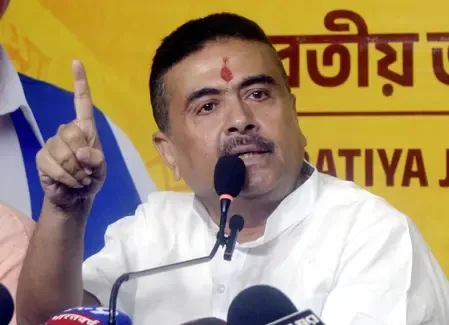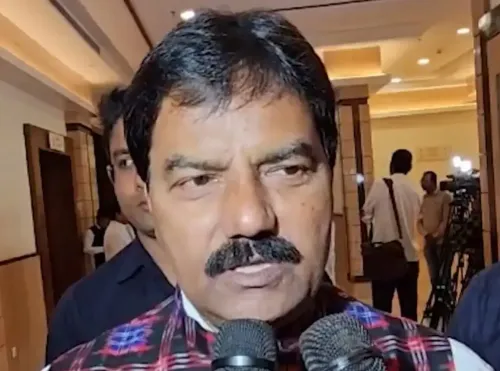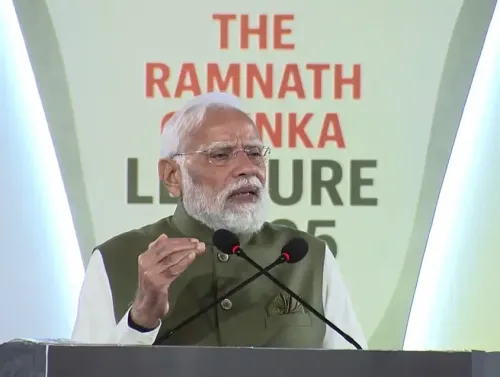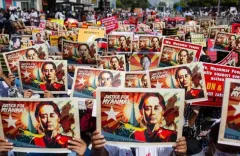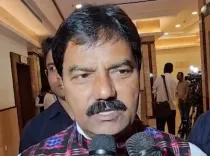Why is the Kerala HC Criticizing the Vijayan Government Over Cashew Import Corruption?
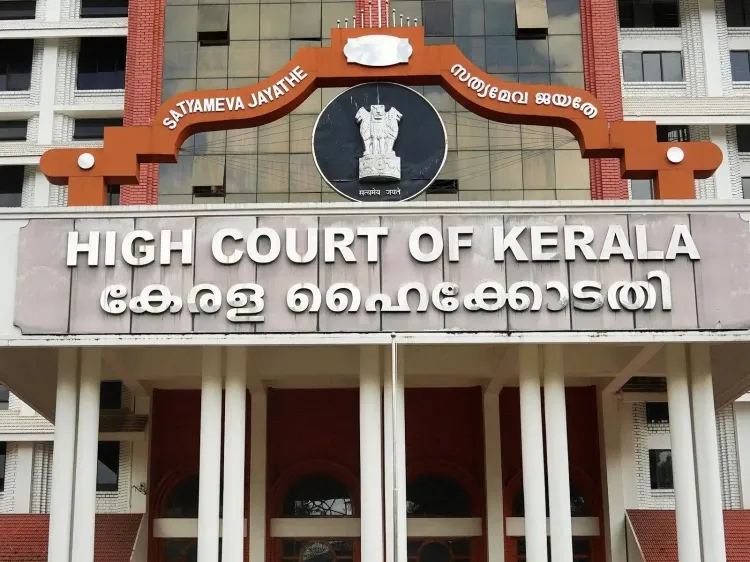
Synopsis
Key Takeaways
- The Kerala High Court has criticized the state government for shielding accused individuals.
- The CBI discovered significant financial irregularities in cashew imports.
- The state's denial of prosecution raises questions about political accountability.
- The case reflects broader issues of governance and integrity.
- The High Court's scrutiny emphasizes the importance of the rule of law.
Kochi, Nov 17 (NationPress) The Kerala High Court delivered a stern reprimand to the Pinarayi Vijayan administration for its refusal to authorize the CBI to proceed with legal action against two pivotal figures implicated in the multi-crore Cashew Development Corporation corruption scandal.
The Single Bench questioned the government's motives, asking why it was “safeguarding the corrupt” and indicated that it might be forced to document such findings in its ruling if the state government persisted in its current approach.
This rebuke was aimed at the administration's choice to withhold prosecution approval for former Corporation chairman and Congress member R. Chandrasekharan, alongside former Managing Director P.A. Ratheesh.
The Bench remarked that a government devoted to the rule of law should not appear to be shielding individuals who are under serious allegations of corruption.
The challenge against the denial of sanction will be revisited next week.
Previously, the CBI sought consent to prosecute the two after uncovering extensive discrepancies in cashew imports, estimated at approximately Rs 500 crore.
The inquiry spanned transactions from 2006 to 2015, in accordance with a High Court directive that transferred the case to the central agency.
After nearly five years of investigation, the CBI reportedly identified significant financial irregularities and submitted its final report, leading to the request for sanctions.
Although the High Court had previously annulled the state government's earlier refusal and instructed it to reassess the situation within 45 days, the Industries Department once again dismissed the CBI’s request upon further examination.
In its latest order denying sanction, the government maintained that the CBI had not provided any new evidence beyond what was presented in its original report.
The state administration argued that while the agency highlighted procedural lapses and administrative errors in procurement, it failed to demonstrate that the accused had gained any unlawful advantage, abused their official roles, or acted with malicious intent.
However, the CBI insists that the magnitude and nature of the irregularities justify prosecution.
With the High Court's strong criticism now documented, the state government will face intensified scrutiny when the case is reviewed again next week.

